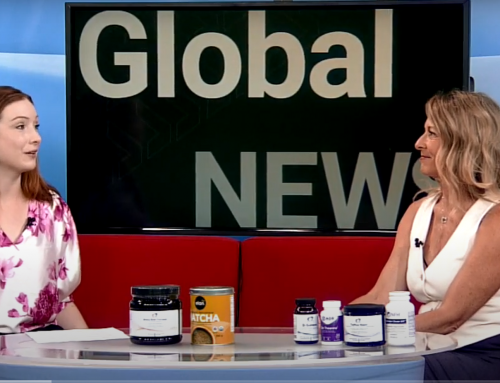What should you do if you suspect Lead Exposure?
Preventing lead from accumulating in your body is the first step:
- Participate in the city’s program to remove lead pipes to your home, and go a step further to remove lead pipes inside your home.
- Filter your water with an activated carbon filter. This will remove 99% of lead from your drinking water. These can be in pitcher form, built-in refrigerator filters, a countertop gravity-fed filter, or a filter that attaches directly to your tap. Reverse osmosis systems will remove lead as long as they contain an activated carbon filter. Look for filters with a rating of NSF/ANSI 53 or NSF/ANSI 58 and be sure to change the filters regularly according to the manufacturer’s specifications.
Evaluate the levels of lead and heavy metals in your body
Several tests exist to detect levels of lead exposure and heavy metals in the body:
- Conventional serum testing: This will only detect recent acute exposure. Heavy metals do not stay in the blood stream very long. They tend to store in fatty tissue and bone, displacing other minerals that are important for healthy bones and neurological function. This test will not give an accurate picture of overall body stores of heavy metals.
- Hair testing: Heavy metals tend to concentrate in hair tissue. The sample requires an area of hair within 1 inch of the scalp or other area. Hair that has been died or chemically treated is not suitable for testing. Hair testing will give an approximation of recent exposure to heavy metals and lead exposure over about a 3 month period.
- Urine testing: Urine testing allows us to detect what is currently being excreted (recent exposure), and also what is stored in the body by using an agent to pull metals out of storage. It is not recommended for people with kidney disease. This is the best method for evaluating total heavy metal burden in the body.
How to reduce heavy metals in the body
The Naturopathic Doctors at True Potential have a protocol for reducing heavy metals stores in the body, while ensuring essential minerals are supplemented. This protocol is not suitable for people with impaired kidney function, but is the most effective way to reduce overall heavy metal burden.
There are many ways to support overall detoxification in the body. Cilantro and chlorella may provide some protection when heavy metals are present, but are not very effective at pulling heavy metals out of storage. A clean diet with plenty of fibre will help toxins exit the body through stool and prevent re-absorption in the gut. Antioxidants that support glutathione production will help bind up heavy metals and prevent related damage. Regular sweating through exercise or sauna use will also help support detoxification. Be sure to towel off regularly as you sweat, and shower soon afterwards. And of course, stay hydrated with filtered water.
We can help answer any questions you may have about testing for heavy metals or how to reduce levels in your body.






